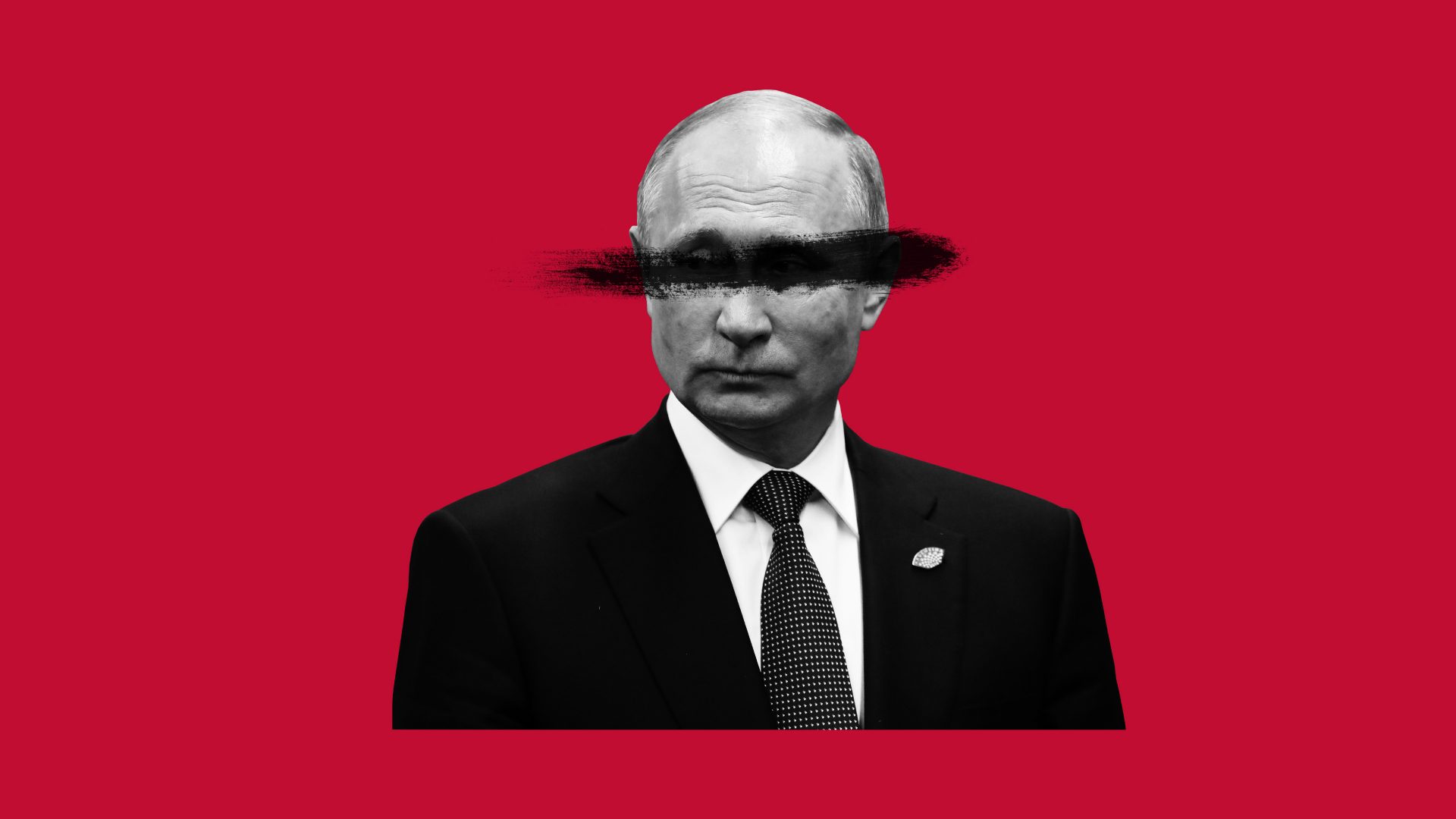There is a persistent threat of Russian interference in our politics, as reflected in recent new revelations about the Russian intelligence agency, the FSB’s continued meddling and hacking activities. The impact of these hacks may still not be fully understood: it’s clear that a wide range of institutions and individuals have been targeted, including politicians and journalists, think-tanks and academics. Some of them include former heads of our intelligence agencies likely to be in receipt of sensitive information.
This news comes at a time when most people’s fears of Russian activity in the UK has probably fallen away from the highpoint reached around the time of the Salisbury poisonings in 2018. I sense that this has been for two reasons: the poor performance of the Russian military in Ukraine left us feeling the threat had been overdone, and the aftermath meant that we took much firmer action against Russian interests in terms of sanctions and other restrictions. No longer did we have to mince our words talking about Roman Abramovich (sanctioned for his close links to Vladimir Putin) or Alexander Lebedev (a former KGB officer who appeared to have benefited financially from Russia’s 2014 invasion of Ukraine).
Foreign secretary David Cameron has claimed that Russia’s attempts to interfere in our public life failed. However, I think this is complacent, both in terms of intelligence activities and wider interference. One of the mistakes we make is to assume that Russian incompetence during its assault on Kyiv is matched with similar incompetence in its spies’ activities abroad. This is clearly wrong – by definition we don’t know what Russia has been able to do with its hacked materials, but we do know that people in sensitive positions in this country commit things to email that should be handled on secure channels. Don’t forget that Suella Braverman was sacked (for the first time) as home secretary for doing just that – facing no long-term sanction or punishment for this egregious breach of security. We make it easier for Russia to gather intelligence on sensitive matters by our lax approach to information security.
And our wider political environment remains completely open to interference: new laws have made it more straightforward for anonymous and foreign donors to pump money into our elections. Under these new rules, the government has increased by nearly fifty percent the amount any political donor can give anonymously. There remains a scandalous loophole of unincorporated associations which allow completely invisible funding sources in the millions of pounds to flow into political campaigns. There is absolutely nothing in practice to stop Russian oligarchs or intelligence agents (sometimes the same person) from channelling money directly into party coffers. In addition, the Electoral Commission has very limited resources to investigate and regulate the dark money corrupting our politics.
This forms part of an ecosystem in Britain which is worryingly open for bad actors to exploit our institutions, all the while hiding their hand as they do so. Our network of offshore financial jurisdictions remain excellent places for laundering the proceeds of crime, and promises to reform offshore financial transparency have been watered down. Our courts are still the preferred destination of libel tourists: even after the invasion of Ukraine and the sanctions that followed, the Treasury was happy to allow solicitors to represent the murderous Russian mercenary commander Yevgeny Prigozhin in a vexatious libel claim against the Bellingcat investigative network. The fact that Prigozhin’s case was eventually thrown out isn’t the point: the tactic here is to cause maximum cost to the defendant, whatever the judgement.
Many of Britain’s professional classes are beneficiaries of this system, as lawyers, PR agents and financial managers. That may explain why we seem to lack the political will to prevent hostile powers such as Russia from disrupting our political processes. We have established a system that makes it easy for people to hide their hands and we don’t appear to be inclined to unpick that.
As a former intelligence officer, I chose to set my thriller A Spy Alone in this chaotic present, where Russian oligarchs paying thousands to play tennis with Cabinet ministers and prime ministers attending orgies hosted by former KGB officers might feel like something out of a novel, but are alarmingly realistic. This is a world in which British clients swarming “into the shadiest corners of the Russian economy like bees to honey” appear to have created a toxic symbiosis that even the war in Ukraine cannot completely erase. As I wrote my book, things that were meant as fiction kept coming true. The central idea of the novel, that there is a Russian spy ring operating at the heart of the British Establishment, is definitely something I made up. But if it were true, I am not sure we’d be equipped to root it out.
Charles Beaumont is a former intelligence officer. He writes under a pseudonym and his novel A Spy Alone, is published by Canelo











